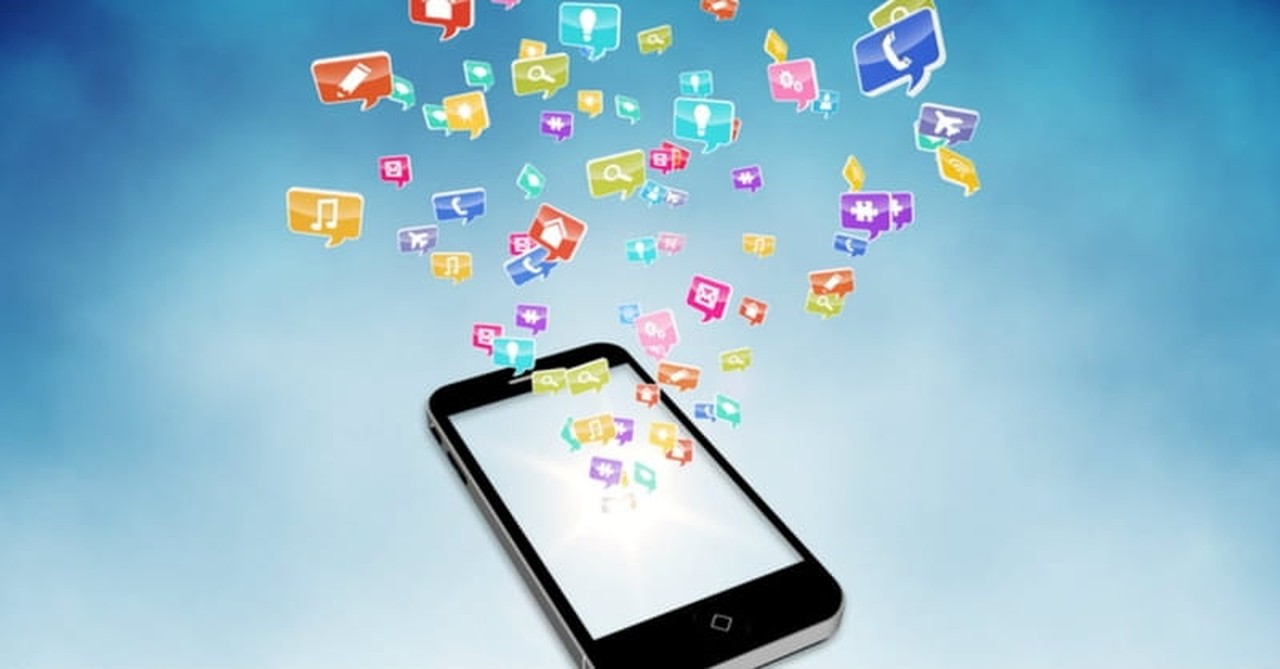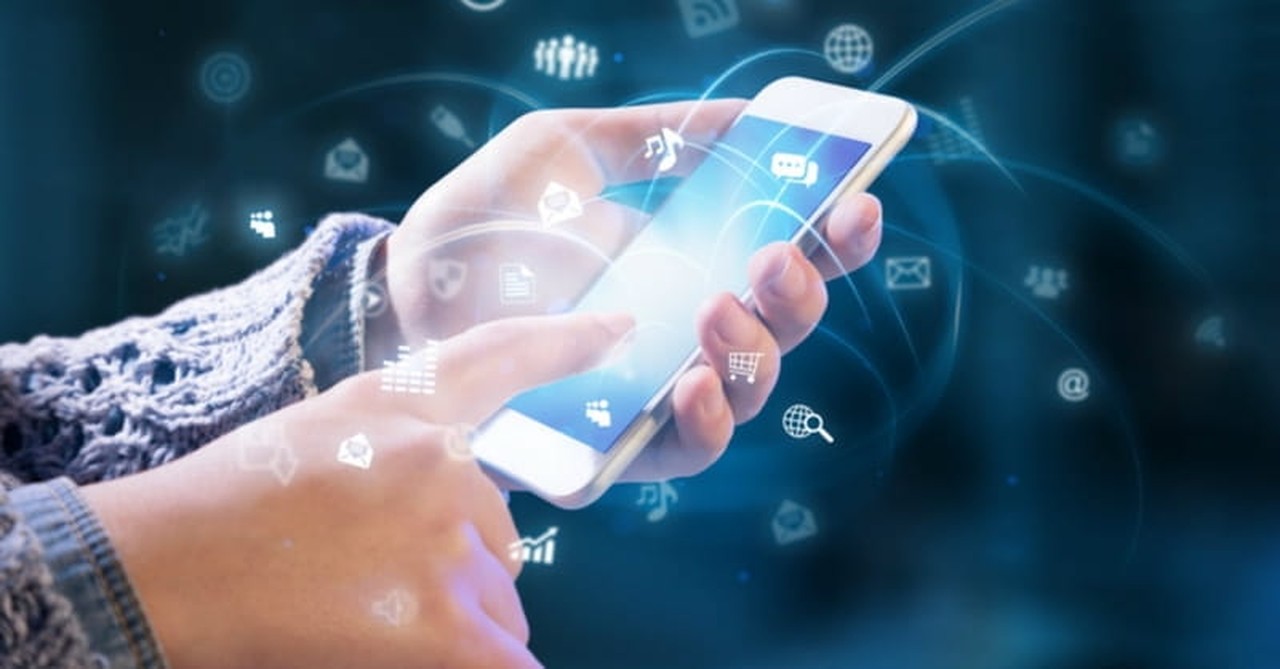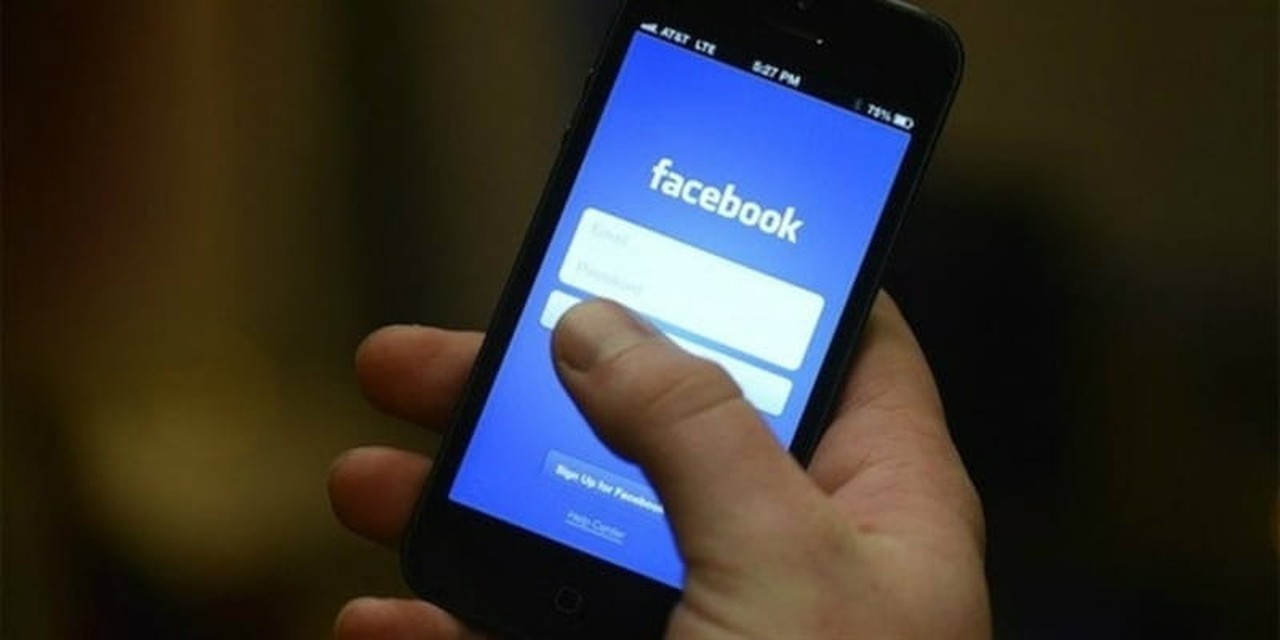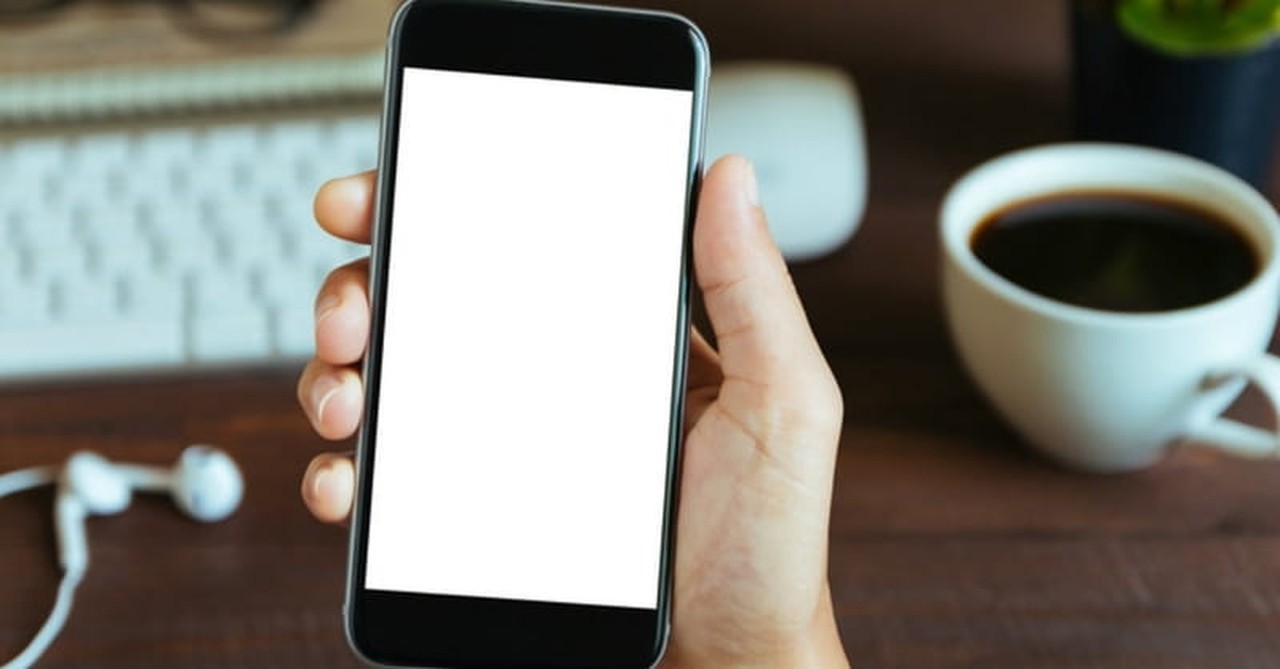10 Influential Ways Smartphones Have Changed Our Lives

June 29th marked the 10th anniversary of the release of the Apple iPhone, a device that has helped shape our culture in many different ways. On January 9, 2007, then-CEO Steve Jobs introduced publically the Apple iPhone at Macworld in San Francisco, California. It was officially released on June 29th, 2007 for sale to the public.
I remember the first time I saw the iPhone in person like it was yesterday. I was a part of a member meeting for our small church plant in New York City. A fellow church member stood in line for hours to get the first iPhone at the iconic glass cube Fifth Avenue Apple Store in Manhattan. My friends and I were captivated by it, yet had no idea the impact that it would have on our lives over the course of a decade. Here are 10 ways the iPhone and smartphone technology has powerfully influenced the way we live our lives.
Photo courtesy: ©Thinkstock/ipopba
1. Access to (seemingly) unlimited knowledge

1. Access to (seemingly) unlimited knowledge
SLIDE 1 OF 10
With the rise of the iPhone and smartphone technology, we now have access to more knowledge and information at our fingertips than anyone in the history of the world. We can research any given topic and, within seconds, have more information available to us than we can comprehend in our lifetime. We can explore historical archives and access more works than the Library of Congress can house. Using mapping and GPS apps, we can plan down to the minute when we will arrive at work or school with real-time updates on accidents and hazards. We can listen to or watch incredible conversations between some of the most gifted men and women in the world with the emergence of podcasts and live video. We can learn about news and current events as they happen in real-time through social media as we scroll on our phones and devices. This level of data and knowledge can allow us to tackle larger problems with more skill and precision than was possible in the past.
Photo courtesy: ©Thinkstock/Wavebreakmedia Ltd
2. Increase in human connectedness

2. Increase in human connectedness
SLIDE 2 OF 10
From FaceTime calls with family while traveling to Twitter notifications about current events, we are now more connected as a society than ever before. We receive alerts when our friends interact with us online and can follow along with those same family and friends from across the globe. Even here at the ERLC, we can connect with our remote staff via video conferencing and workplace apps like Zoom, Slack, and Voxer in ways that never would have been possible prior to the advent of the smartphone. We live in an age where human connections have never been as simple to establish. We are created by God to be connected. When used wisely, smartphone technology can aid us in our goal to love and care for others as we build community with them.
Photo courtesy: ©Thinkstock/oneinchpunch
3. Exposure to the world

3. Exposure to the world
SLIDE 3 OF 10
We can now “see” the ends of the earth in ways that prior generations only dreamt. We can “walk” among the wonders of the world using cardboard goggles and a phone through augmented reality apps. We can learn about other cultures through ever-expanding mediums. We can have access to photos and videos from a host of sources that can help expand our perspective on the world. We are able to share our own experiences and travels with our family and friends through mobile photography and social media using our smartphones. The iPhone helped usher in major shifts in photography, videography, and audio recording. God created us to be a curious people who explore and mature. These advances can help us to accomplish our goals if used wisely and with caution.
Photo courtesy: Thinkstockphotos.com
4. Exercise and health tracking

4. Exercise and health tracking
SLIDE 4 OF 10
Smartphones now allow us to track our health by logging our intake of nourishment and exercise in simple ways. This data is then connected via other devices to give health care professionals and ourselves insights into our health and vitality that have never been possible before. Through the iPhone and other smartphones, we can map runs or bike routes. In fact, years ago, I was able to alert my wife that I tore something in my knee while out on a run so that she could come take me to the doctor. With the rise of this level of tracking and care, we are able to care for our bodies in more specific and beneficial ways by treating problems before they become too serious.
Photo courtesy: ©Thinkstock/NanoStockk
5. Technology is more integrated

5. Technology is more integrated
SLIDE 5 OF 10
Technology has become exponentially more integrated and more compact since the introduction of the iPhone. One of the main selling points of the iPhone, when it debuted, was the ability to have multiple devices in one. Gone are the days when we carried around our old brick phone, a digital or film camera, computer, watch, notepad, and iPod. We are able to have all of those devices in one. Our phones have functionally replaced television sets and other entertainment devices for personal use. Using smartphones, we can now control other devices through smart home technologies, and developers are finding more and more uses for the smartphone to replace other devices in our lives. These types of integrations can aid us in living simpler lives and being more effective in the work we are called to do.
Even with all of the benefits and good things that the iPhone has helped usher into our lives, Christians must think critically about technology and its impact on our lives. Not all changes or advancements are good for our souls or our society.
Photo courtesy: ©Thinkstock/Romolo Tavani
6. Increased apathy from overexposure

6. Increased apathy from overexposure
SLIDE 6 OF 10
With the rise of seemingly unlimited information, we have a tendency to become de-sensitized to the needs of those around us. We become increasingly desensitized and apathetic to the suffering around us. Through our devices, we are able to see the brokenness of our world in clearer and clearer ways. We are exposed to more bloodshed, death, sickness, and sin going on in the world around us. From the Planned Parenthood videos to terrorist attacks and shootings, we are exposed to more carnage and destruction than ever before. It is easy for us to see something so often that we stop engaging and gloss over what is really taking place.
Photo courtesy: ©Thinkstock/Ingram Publishing
7. Decrease in human connectedness

7. Decrease in human connectedness
SLIDE 7 OF 10
While smartphone technology has allowed us to be more connected as a society, this technology can also have the opposite effect on us as we start to develop online-only relationships with others where we are able to curate our lives for them. We are able to show others only what we want them to see, thus sacrificing authentic community, often with plenty of blemishes and rough spots. This technology also allows us to create our own bubbles and become increasingly self-focused through bolstering our own social media presence and brand. We can easily allow our narcissistic tendencies to take over instead of fighting against our sin alongside people who really know us.
Photo courtesy: Thinkstockphotos.com
8. Hidden sins and vices

8. Hidden sins and vices
SLIDE 8 OF 10
As we have become more inward focused and curated as a people, we also have seen a rise in hidden sins and vices. Online pornography has grown at an exponential rate since the introduction of the smartphone and is now easier to indulge in since you don’t have to have a real interaction with people to engage with it. Fear of missing out (FOMO) and covetousness have grown as we can “see” into our friends' lives and desire what they have in sinfully secret ways. The inward focus of our technology has allowed us to separate from authentic community where we share and deal with our sins with public accountability.
Photo courtesy: ©Thinkstock/kieferpix
9. Loss of privacy

9. Loss of privacy
SLIDE 9 OF 10
At the risk of sounding like Ron Swanson from NBC’s Parks and Rec, the connectedness and tracking that we enjoy using our smartphones also have drawbacks in terms of our privacy. Online marketers are able to use tracking mechanisms to see where you’ve been online, then place ads for products they think you’d like right into your social media feed. Our online presence is a part of a massive data mine that people are using to “know” us better. This data is even collected through geofencing and GPS mapping technologies. Though we shouldn’t run for the hills or bury gold bars in our yard, we need to know what we’re sacrificing for the societal connectedness we enjoy.
Photo courtesy: Flickr.com
10. Inability to disconnect

10. Inability to disconnect
SLIDE 10 OF 10
In my opinion, the most profound change that iPhone and smartphones have ushered in is the inability for us to disconnect from our technology. Our devices are so connected to us that we find it difficult to put our phones down and focus on what and who is right in front of us. Through constant notifications and real-time updates, we are a very distracted people. In times past, we could turn off our computers and e-mail when we left the office, but now the office comes home with us. It’s even difficult for some to go to sleep because of screen time. We are tempted to stay glued to our devices for work and pleasure in ways that are damaging to our souls, families, and friends.
Ten years have gone by so fast. It feels just like yesterday that I was holding the original iPhone on Christmas morning back in 2007. For such a small device, the iPhone has had an outsized influence in our lives and culture. Technology is a good gift from God that every generation has used in one way or another, but as Christians, we know that even good gifts can be misused and abused by our sinful souls. Our goal as believers is to think critically about technology and its influence on our lives. We should celebrate and embrace the benefits, all the while recognizing and fighting the temptations that are before us. There isn’t an app for that.
Photo courtesy: ©Thinkstock/Blackzheep
Slideshow adapted with permission from the article "10 observations on the 10th anniversary of the iPhone" published on ERLC.com
Publication date: July 5, 2017
Originally published July 05, 2017.









